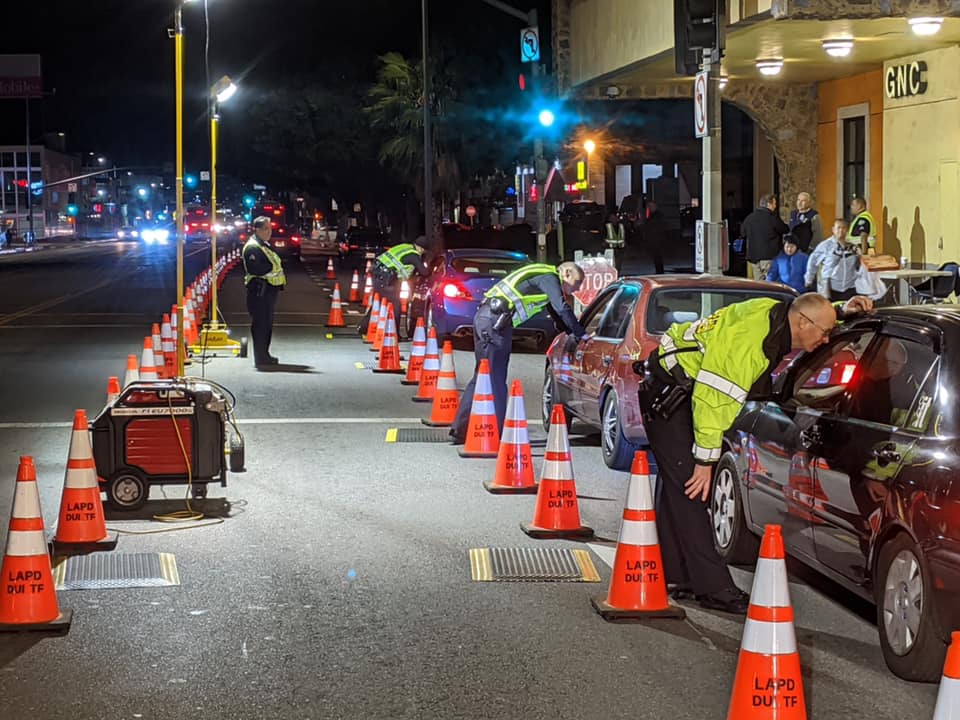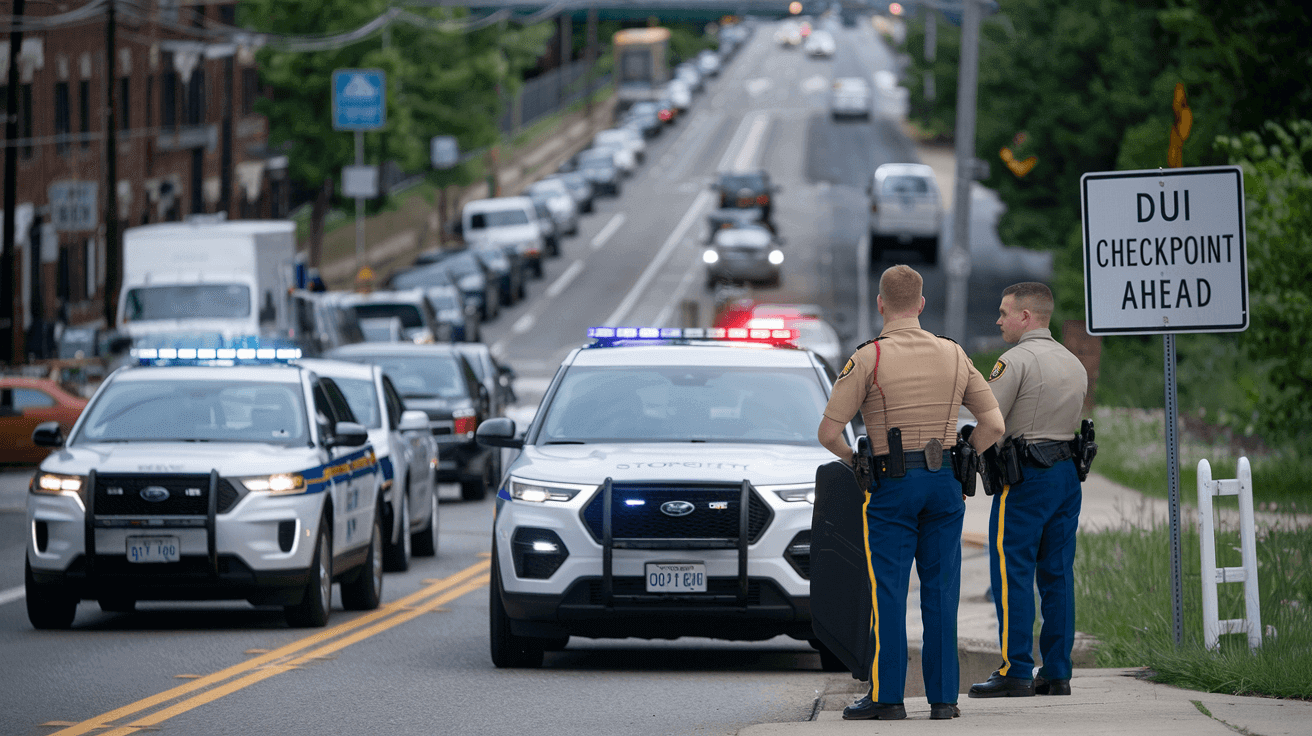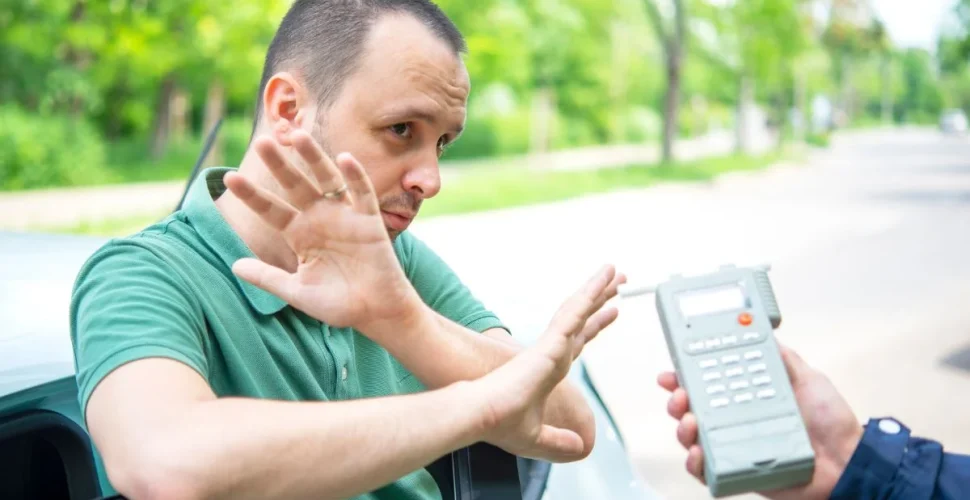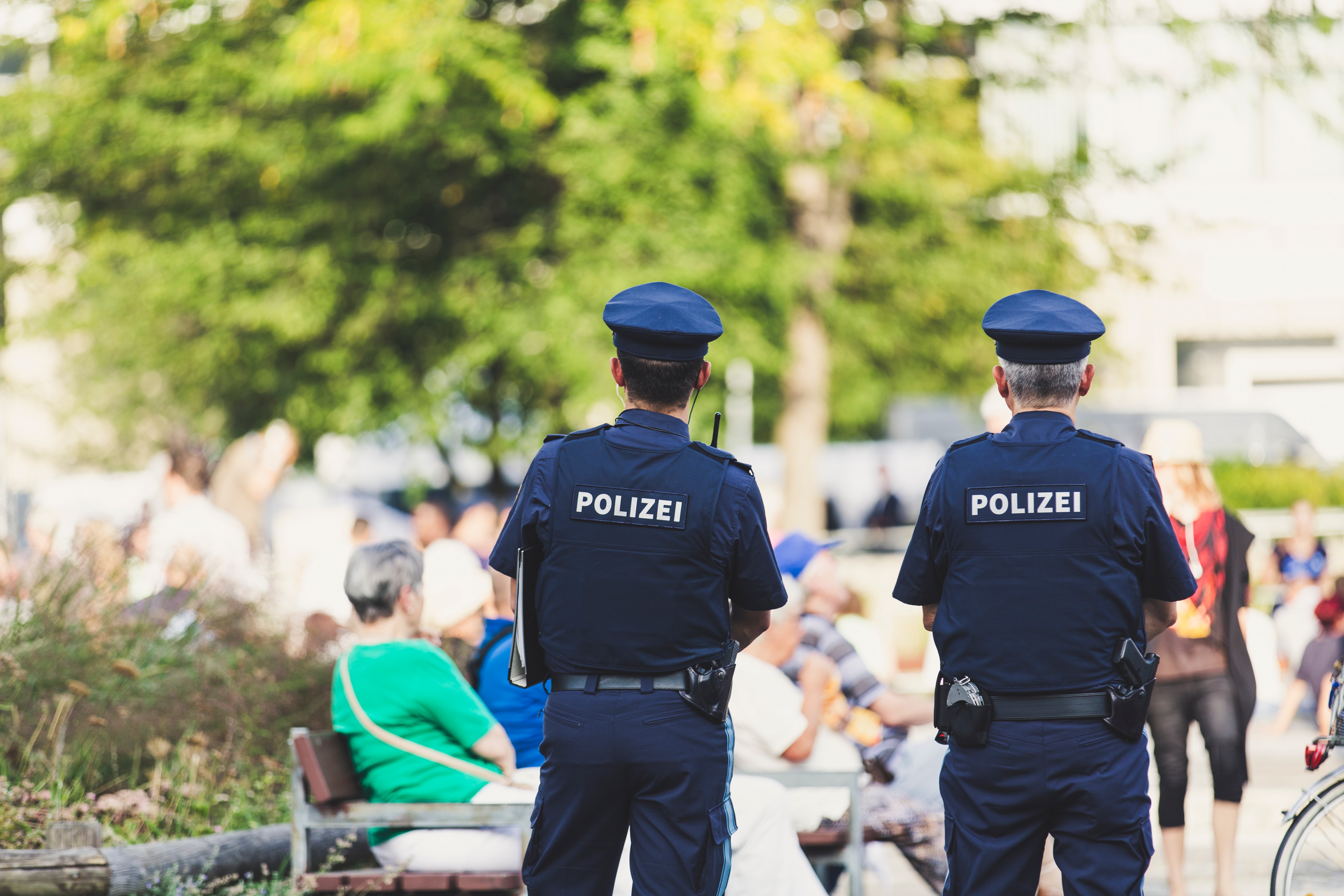It’s a question that sparks confusion and debate across highways, courtrooms, and late-night bar conversations: are DWI/DUI roadblocks and checkpoints legal? For some, these roadside stops feel like a much-needed safety tool. For others, they feel like an invasion of privacy. Whether you’ve been stopped at one or just want to understand how the law treats them, this article breaks it all down for you.
We’ll explore how DUI and DWI checkpoints function, what makes them legal or illegal in different jurisdictions, and what your rights are if you encounter one. Through real-life stories and courtroom rulings, we’ll explain the legality of DUI and DWI roadblocks and checkpoints in a way that’s both relatable and rooted in facts.

What Are DUI and DWI Roadblocks and Checkpoints?
Before diving into whether they’re legal, let’s define what we’re talking about. DWI/DUI roadblocks and checkpoints are predetermined locations where law enforcement officers stop vehicles without individualized suspicion. The goal? To detect and deter impaired driving.
Unlike routine traffic stops, officers at these checkpoints don’t need to see erratic behavior or a moving violation. Instead, they follow a pattern—such as stopping every third car—and screen drivers for signs of intoxication.
That means even if you’re driving perfectly, you might still get flagged. Which brings us back to the main question: are DWI/DUI roadblocks and checkpoints legal?
Real-Life Story: Lisa’s Friday Night Surprise
To make this issue real, consider Lisa’s experience. She was heading home from dinner with friends—sober, alert, and driving the speed limit. Out of nowhere, traffic slowed, and she realized she was approaching a checkpoint. Officers waved her down, asked a few questions, and gave her a breathalyzer test.
Lisa passed easily, but she was rattled. “I hadn’t done anything wrong,” she said. “It felt like I was presumed guilty until I proved otherwise.”
This story isn’t uncommon—and it captures the tension that surrounds DWI/DUI roadblocks and checkpoints. They aim to protect the public, but they also raise serious constitutional questions. And whether they’re legal depends largely on where you are.
Do DUI Checkpoints Violate Your Fourth Amendment Rights?
Let’s talk about the U.S. Constitution—specifically, the Fourth Amendment, which protects against unreasonable searches and seizures. At first glance, randomly stopping drivers without suspicion might seem to violate this right.
And that’s exactly the argument many defense attorneys have made. But in a landmark 1990 case, the U.S. Supreme Court ruled otherwise.
Michigan Dept. of State Police v. Sitz (1990)
This was the turning point. The Supreme Court held that the government’s interest in preventing drunk driving outweighed the minimal intrusion on drivers. In other words, yes—DWI/DUI roadblocks and checkpoints are legal under federal law, as long as certain guidelines are followed.
But the ruling didn’t make checkpoints mandatory. It gave states the option to allow or ban them. And that’s where things get interesting.
States Where DUI and DWI Checkpoints Are Legal
As of now, are DWI/DUI roadblocks and checkpoints legal in all states? Not quite.
Currently, 38 states plus the District of Columbia permit sobriety checkpoints. These states have implemented rules that ensure these stops follow constitutional guidelines.
Common requirements include:
- Publicized notice of upcoming checkpoints
- Neutral criteria for stopping vehicles (e.g., every third car)
- Minimal delay to drivers
- Clearly marked and safe location
- Supervisory oversight in planning and execution
If these protocols are met, courts in these states generally consider the checkpoints legal.

States Where DUI and DWI Checkpoints Are Banned
On the flip side, 12 states have rejected checkpoints altogether, either through legislation or court rulings. These include:
- Texas
- Idaho
- Oregon
- Washington
- Iowa
- Michigan
- Minnesota
- Wisconsin
- Rhode Island
- Wyoming
- Montana
- Alaska
In these jurisdictions, the answer to are DWI/DUI roadblocks and checkpoints legal is a firm no. These states often cite their own constitutions or privacy protections that go beyond federal law.
Why Texas Says No to DUI Checkpoints
Texas is one of the most notable states that bans DUI checkpoints. Courts there have interpreted the state constitution to offer broader protections than the U.S. Constitution. The prevailing view is that stopping a driver without reasonable suspicion violates privacy rights.
This might sound surprising in a state known for tough-on-crime policies, but it reflects a larger value on individual liberty.
That said, Texas law enforcement agencies still combat drunk driving aggressively—they just have to rely on traditional traffic stops and saturation patrols instead of checkpoints.
How Do Police Conduct Legal Checkpoints?
Even in states where DWI/DUI roadblocks and checkpoints are legal, there are rules officers must follow. The goal is to strike a balance between public safety and personal freedom.
Here’s how a legally compliant checkpoint typically works:
- Planning and Approval: Supervisors decide the location and timing, often based on data from previous DWI arrests or crash reports.
- Neutral Operation: Officers stop vehicles based on a neutral pattern (e.g., every third car). No profiling allowed.
- Brief Interaction: Officers look for signs of impairment—slurred speech, glassy eyes, smell of alcohol.
- Secondary Screening: If there’s reasonable suspicion, drivers are sent to a separate area for further evaluation.
- Public Notice: Many agencies release checkpoint dates or locations in advance to ensure transparency.
Any deviation from these rules could make a checkpoint illegal—even in a state that generally allows them.
What Are Your Rights at a DUI Checkpoint?
Knowing your rights is essential when navigating the legality of DUI and DWI roadblocks and checkpoints. Here’s what you can (and can’t) do:
You Can:
- Remain silent when asked questions (beyond providing ID and insurance)
- Record the interaction with your phone
- Politely decline to answer where you’re going or coming from
- Ask if you’re being detained or free to go
You Can’t:
- Refuse to show your license and registration
- Disobey direct lawful orders
- Be disrespectful or obstructive (it only makes things worse)
- Drive away or make illegal U-turns to avoid the stop
And remember—refusing a breath test has consequences. In many states, implied consent laws mean your license could be suspended even if you’re not convicted.

Real-World Impact: Checkpoints Save Lives
While legal debates continue, there’s no denying the role checkpoints have played in reducing impaired driving. According to data from the CDC and NHTSA, sobriety checkpoints can reduce alcohol-related crashes by up to 20%.
They act as a visible deterrent—reminding drivers that law enforcement is watching. This alone can influence decisions behind the wheel.
For example, a city in California saw a 26% drop in DUI arrests after launching a monthly checkpoint program. Critics argue about efficiency, but the numbers tell a compelling story.
Common Misconceptions About DUI Checkpoints
Let’s address some myths that cloud public understanding of the legality of DUI and DWI checkpoints explained in clear terms. Many drivers make critical mistakes based on misinformation that can easily be avoided with the right knowledge.
“Checkpoints Are Illegal Everywhere”
Not true. While some states ban them, the majority permit checkpoints under specific rules. It’s essential to know your state’s stance so you’re not caught off guard when approaching one.
“I Don’t Have to Stop at a Checkpoint”
Wrong. Avoiding a checkpoint with a legal U-turn might be fine—but driving past or ignoring officer commands is not. Attempting to bypass a checkpoint illegally can escalate the situation and lead to further charges.
“You Can Only Be Arrested If You Fail the Breathalyzer”
False. Officers use multiple cues, including speech, movement, and behavior, to establish probable cause—even before a breath test. Visual indicators alone can justify further testing or detainment in many jurisdictions.
“Checkpoints Are Just About Alcohol”
Incorrect. Officers may check for valid licenses, registration, outstanding warrants, and even signs of drug impairment. In some cases, a simple paperwork violation discovered at a checkpoint can lead to larger legal issues.
Understanding the facts helps you prepare—and avoid making poor decisions.
The Role of Public Awareness in Checkpoint Legality
Did you know that some agencies must publicize their checkpoints in advance? Courts have ruled that giving drivers notice—through media releases or signage—helps balance constitutional concerns.
This requirement is part of what makes a checkpoint lawful. If you’re caught in a surprise checkpoint that was not announced and fails other legal tests, your defense attorney might argue for the case to be dismissed.
In the bigger picture, transparency is key. When police follow the law and inform the public, checkpoints become tools for safety—not traps for the uninformed.

Final Thoughts: Are DWI/DUI Roadblocks and Checkpoints Legal?
So, are DWI/DUI roadblocks and checkpoints legal? The short answer: it depends. Federally, the Supreme Court has given them the green light—if implemented properly. But individual states make the final call, with some embracing them and others banning them outright.
The legality hinges on multiple factors: where you are, how the checkpoint is operated, and whether your rights were respected during the stop. For law-abiding drivers, checkpoints are usually a brief delay. But for those driving under the influence, they can mark the start of a legal and personal nightmare.
Whether you see checkpoints as protective or problematic, one truth stands firm: knowing the law and your rights can make all the difference. Stay informed, stay sober, and stay safe.

